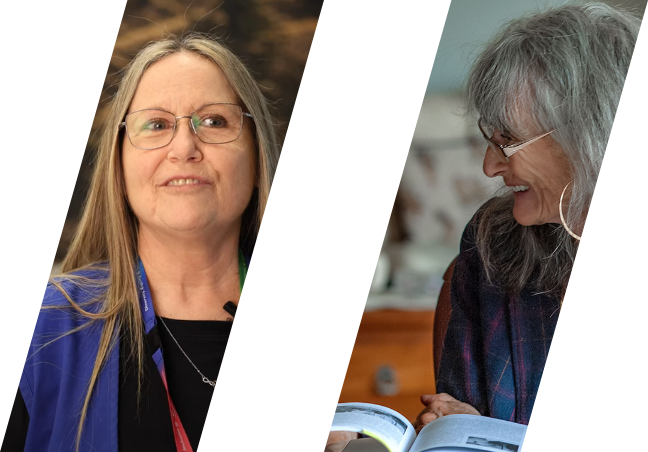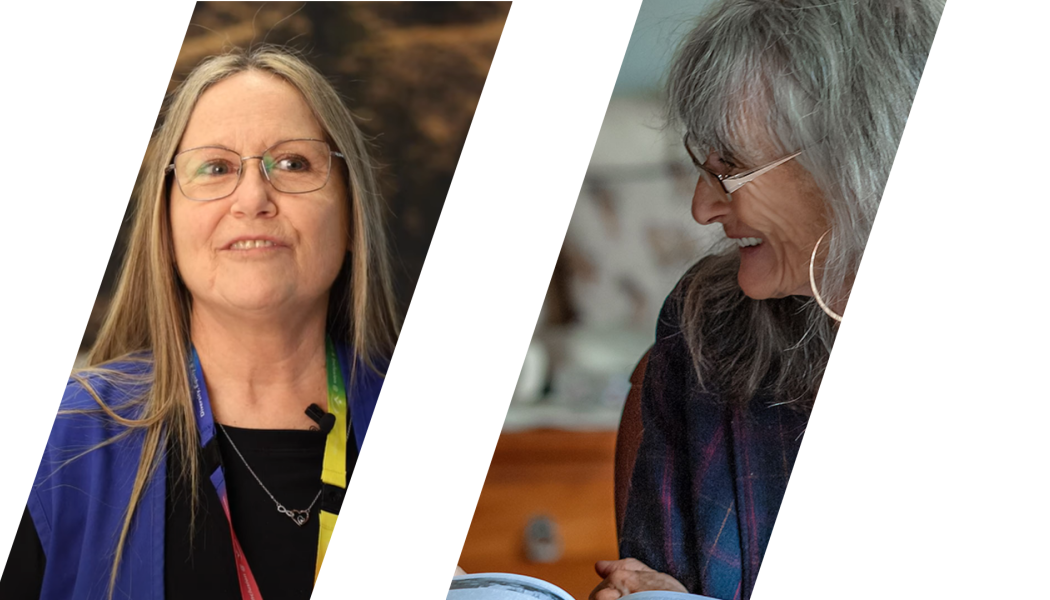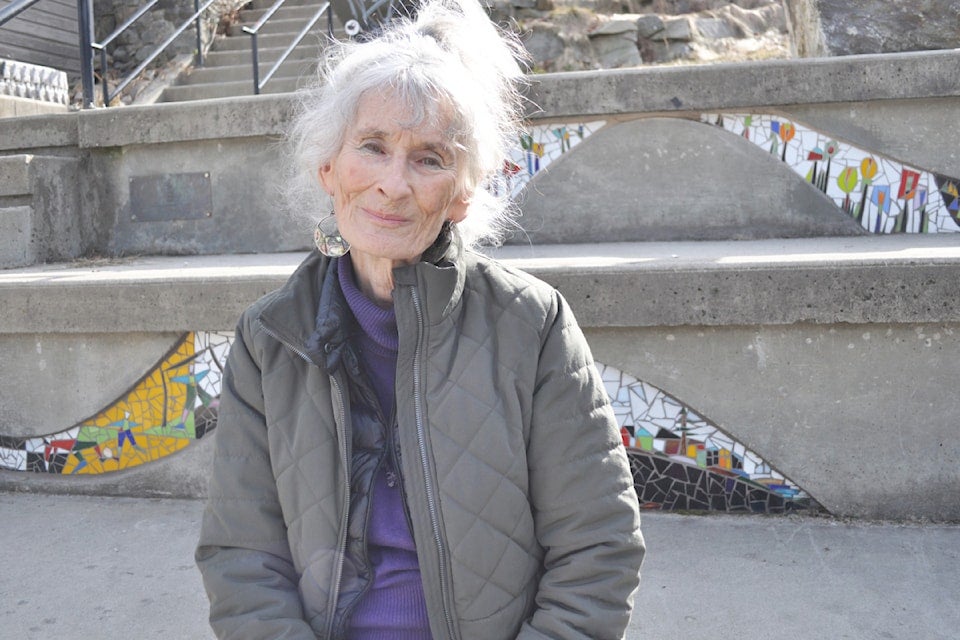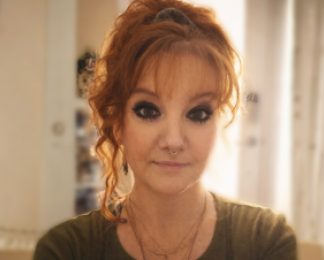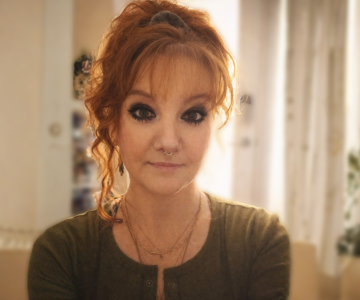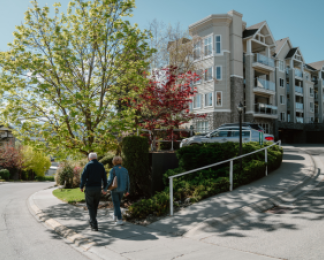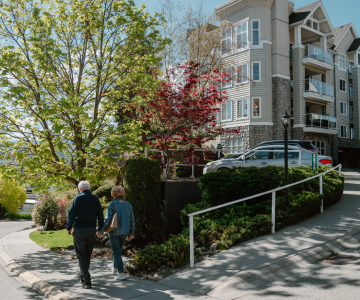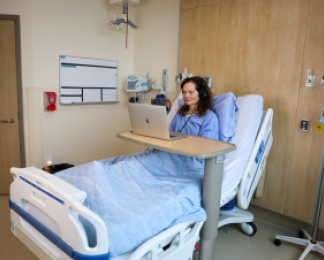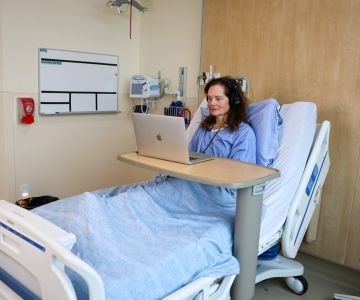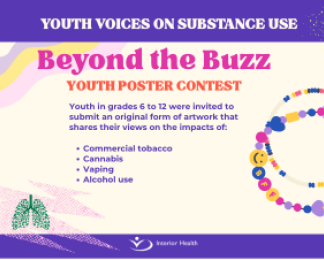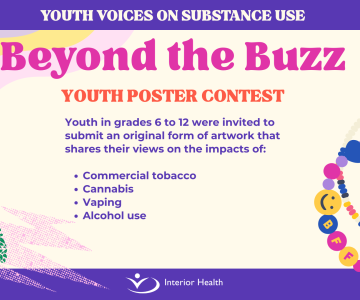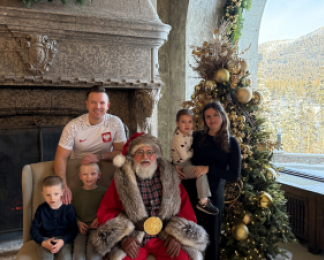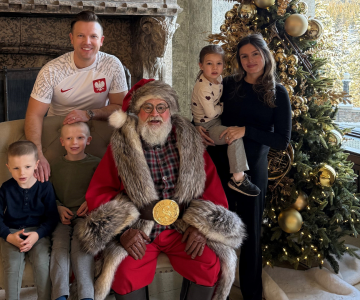Thousands of volunteers of all ages work alongside our staff across the Interior Health region. Volunteers complement the care provided by our professionals, and are welcomed, respected and valued members of the IH care team.
The incredible work, kindness and dedication of our volunteers make a huge difference in delivering outstanding care and positive experiences to the people we serve. We would like to express our heartfelt appreciation to all our volunteers across IH for supporting our patients, our visitors and our staff.
This National Volunteer Week, we are celebrating volunteers all around IH and would like to introduce you to two outstanding volunteers who help strengthen our communities.

